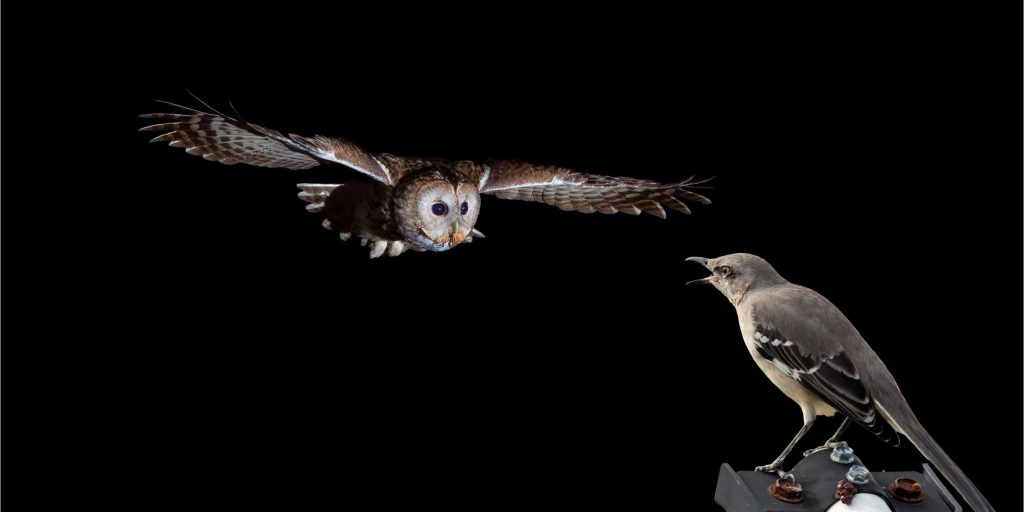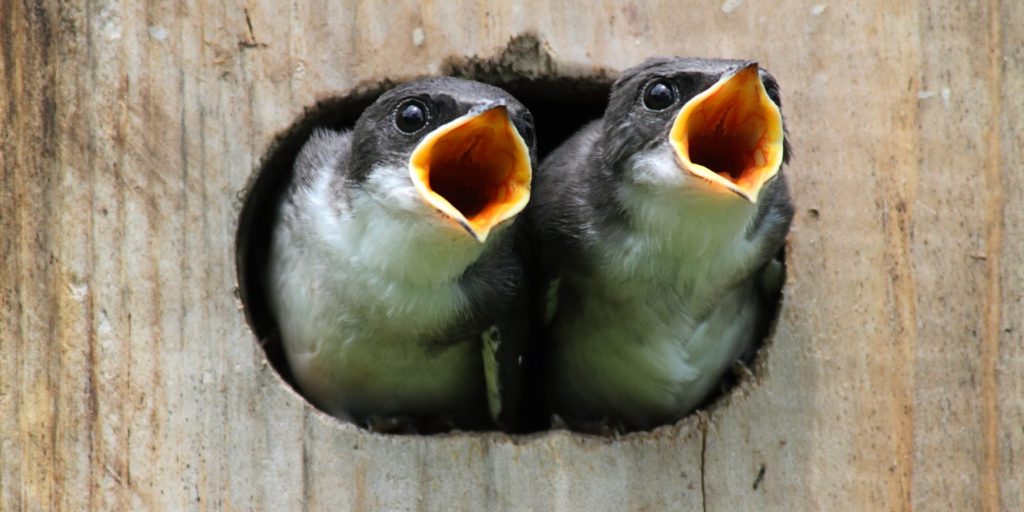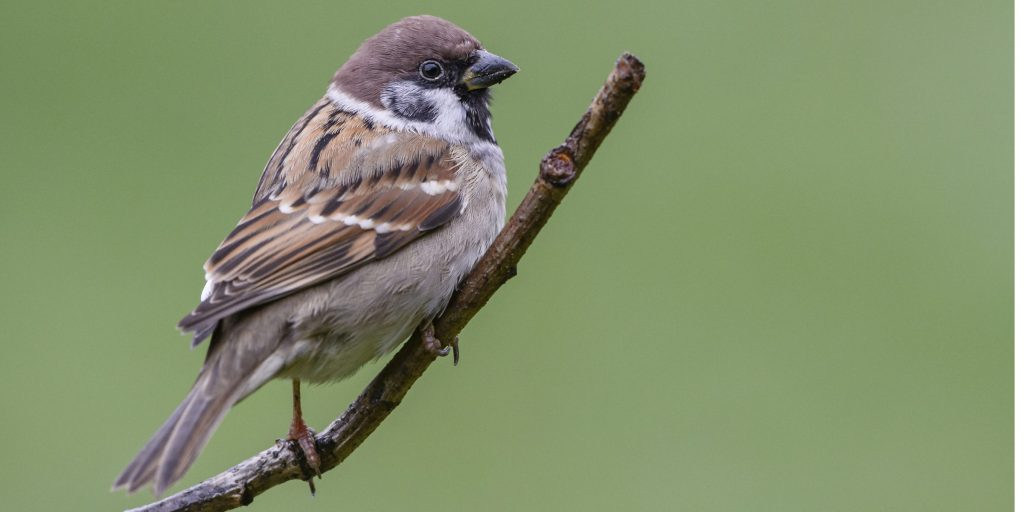Have you ever wondered why birds chirp at night? This article delves into the wonderful and puzzling world of nocturnal bird vocalization. Discover the reasons behind this phenomenon, learn about the species that serenade the night, and explore how changing environments impact this behavior.
Introduction to Nocturnal Bird Chirping
The musical sound of birds often punctuates the tranquil stillness of the night. This phenomenon tends to leave us reflecting on a simple yet intriguing question – “why do birds chirp at night?” The common belief that birds are exclusively diurnal or active during daylight hours is a misconception. Many bird species exhibit heightened activity as twilight descends, transforming into nocturnal serenaders.
Understanding Bird Vocalization?
Birds possess a seductive ability to produce unique chirps. These vocalizations serve various purposes, from communicating and warning signals for predators to marking territory or courting potential mates. Each species has its particular song, akin to a signature tune representing itself in the avian world.
5 Reasons Why Birds Chirp at Night
Bird songs have a whole new meaning and purpose underneath the starlit sky. There are numerous reasons why birds may opt for nocturnal singing:
- Singing Practice: Like fledgling musicians fine-tuning their craft, young male birds practice their songs during less competitive time slots like late nights or early mornings.
- Avoiding Predators: Some avian species cleverly steer clear of their predators by opting for nocturnal singing instead of daytime melodies.
- Attracting Mates: During the breeding season, several male bird species sing relentlessly through the night to attract attention from potential female mates.
- Claiming Territory: Just as humans establish property boundaries, some nocturnally active bird species stake out their territories under darkness by belting out distinctive tunes throughout the night.
- Environment Changes: Urbanization and associated changes, such as light pollution, can cause even day-active birds to switch up their routines and start chirping after sundown.

Spotlight on Nocturnal Birds: Owls and Mockingbird
While owls are notorious nighttime crooners with their hoots echoing through forests after dark, there are other less-known nighttime vocalists in the avian world, too – Northern mockingbirds being one such example.
The Mysterious Case of Diurnal Birds Singing at Night
In an interesting twist of nature versus nurture, traditionally diurnal birds like robins have been found singing well past sunset due primarily to human-induced urban lighting.

Baby Birds: Learning to Chirp in Darkness
Much like human infants require round-the-clock care from parents, and young hatchlings often demand constant feeding throughout the night by incessantly chirping for attention.
Birds Chirping and Breeding Season
For many bird species – from sparrows to warblers – nighttime provides an ideal setting for finding mates during mating seasons which explains increased instances of bird songs resonating after sundown.
Adapting to Darkness: How Birds Navigate and Communicate at Night
Birds utilize a variety of unique adaptations to navigate and communicate in the darkness. Some of these include:
- Nocturnal Vision: Many birds, especially nocturnal species like owls, have a high proportion of rod cells in their eyes, which are highly sensitive to light and movement. This allows them to see even in low-light conditions. They also have a layer of tissue in the eye called the tapetum lucidum that reflects light back through the retina, increasing their sensitivity to light.
- Acute Hearing: Birds like owls have asymmetrical ears, one ear positioned higher than the other. This arrangement helps them pinpoint the exact location of sounds in the dark, such as the rustling of a mouse in the underbrush.
- Echolocation: Some birds like Oilbirds and a few species of swiftlets use echolocation, similar to bats. They emit sounds that bounce off objects in their environment, and by listening to the echoes, they can figure out where things are.
- Magnetic Sensing: Birds may utilize a sense called magnetoreception, which allows them to detect the Earth’s magnetic field and use it for navigation. This is particularly useful during night-time migration.
- Bioluminescence: A few bird species like the aptly named Glow-in-the-dark Rail use bioluminescence to communicate in the dark.
Light Pollution: A Modern Impact on Bird Chirping at Night
As we continue striving towards urban development without considering its implications on wildlife behavior, artificial lighting is causing disorientation among migratory birds that traditionally navigate using natural light cues resulting in these daytime singers breaking into tunes post-sunset.

Demystifying Flight Calls: Messages in The Dark
Certain sparrows use flight calls when migrating with fellow flock members after dusk, keeping them together even amidst pitch darkness – an impressive adaptation in response to challenging conditions.
Chasing Dawn: Understanding The Concept Of Dawn Chorus
It has been observed that there’s a dramatic increase in bird vocalizations across different species just before sunrise—a captivating event termed as dawn chorus.
Frequently Asked Questions
What types of birds chirp at night?
There are several types of birds that you might hear chirping at night:
Nightingales: Known for their beautiful, intricate songs, nightingales sing both day and night.
Owls: Some species, like the Barred Owl or the Great Horned Owl, are known to call out during the night.
Mockingbirds: These birds are active during the day but will also sing into the night, especially during mating season.
Robins: Although they’re primarily active during the day, robins can often be heard singing at dawn and dusk, and even at night if they’re in an urban area with artificial lighting.
Nightjars: These birds are most active during twilight and throughout the night, making a variety of calls and noises.
Is there a specific reason why birds chirp at night?
Yes, there are a few reasons why you might hear birds chirping at night:
Some species of birds are nocturnal, which means they’re active during the night. Examples include owls and nightjars.
Birds like robins and thrushes that aren’t strictly nocturnal might also sing at night. This can happen in urban areas where artificial light causes confusion about the time of day.
During the breeding season, birds are often more vocal as they try to attract a mate. This singing can sometimes extend into the night.
Finally, some birds may chirp to communicate danger or an impending threat to their flock, even at night.
In general, bird song is a complex behavior with a variety of causes, and it can often be influenced by factors such as light pollution, weather, and the availability of food.
Are there any dangers for birds chirping at night?
Yes, there are a few potential dangers associated with birds chirping at night:
Predator Attraction: Nocturnal predators such as owls or cats may be attracted to the sound of chirping and locate the bird more easily.
Energy Depletion: Chirping requires energy. If birds are using energy to sing at night, they might not have enough energy to find food and escape from predators during the day.
Disrupting Sleep Pattern: Birds that sing at night might interfere with their own sleep cycle, which could affect their health and well-being.
Exposure to Extreme Temperatures: In some regions, temperatures can drop significantly at night. A bird who is awake and chirping might be exposed to these colder temperatures for longer periods, which could potentially be harmful.
Can bird chirping at night be a sign of environmental changes?
Yes, bird chirping at night could potentially be a sign of environmental changes. Here are a few reasons:
Light pollution: Artificial light can confuse birds and lead them to chirp at inappropriate hours, such as during the night time.
Climate change: Changes in temperature and weather patterns can disrupt bird behavior, including their sleep and vocalization patterns.
Habitat disturbance: If their natural habitat is being disturbed or destroyed, some birds might become more active at night.
Changes in food availability: Birds might alter their behavior, including their sleeping and feeding patterns, in response to changes in food availability. This could potentially include chirping at night.
Are there any myths or superstitions associated with birds chirping at night?
Yes, there are several myths and superstitions associated with birds chirping at night. Here are a few:
Some cultures believe that birds chirping at night are a sign of an impending danger or death.
In some Native American tribes, hearing a bird chirping at night is considered a bad omen.
In Celtic mythology, birds chirping at night were often seen as messages from the spirit world.
In many Eastern cultures, the sound of a bird chirping at night is believed to bring good luck.
According to some superstitions, if a bird chirps outside your window at night, it means an important message will be coming soon.
Conclusion
The symphony performed by different bird species at night is more than just a random melody; it’s driven by innate instincts and external environmental factors that deeply influence their behaviors. From young ones honing their songs without competition under the cloak of darkness to males attempting attraction during mating seasons, nighttime is an ideal setting for various bird behaviors manifesting vocally.
Notably, though, our urban landscapes contribute towards shifting patterns, with even diurnally active birds now singing well past sunset due to the effects of artificial lighting around them. At the same time, light pollution persists, confounding migratory patterns leading day-bound singers into post-sunset melodies.











































